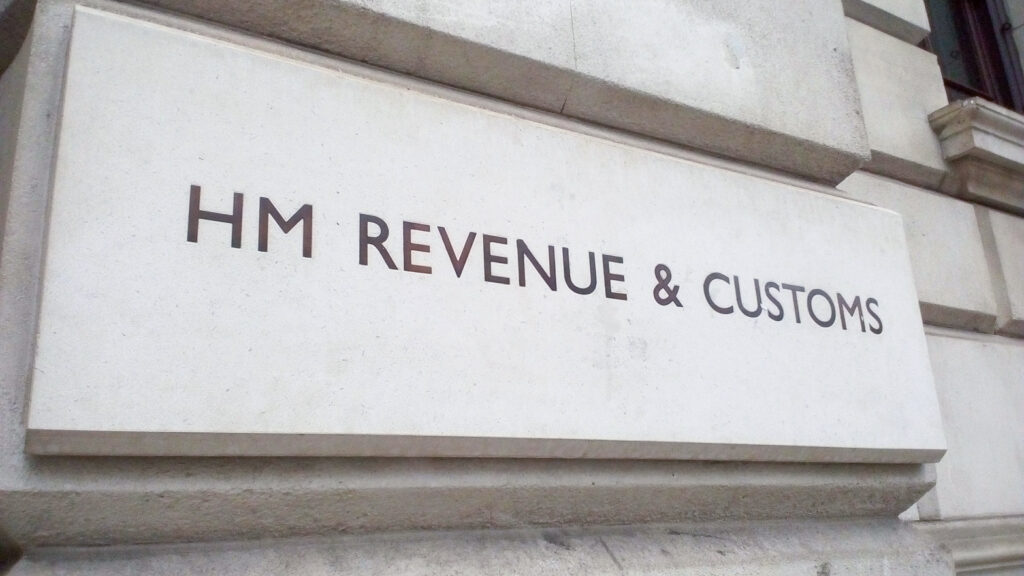HMRC has provided the Chartered Institute of Taxation (CIOT) with an update on new measures it is taking to tackle non-compliant R&D Tax claims.
In the letter published by the CIOT on 23 November, HMRC also revealed that one in six companies are neglecting to include the mandatory Additional Information form with their submission.
Revenue corrections
Where HMRC believes a company is clearly ineligible for R&D Tax Relief, it is removing the claim from the company’s tax return without launching a formal enquiry. HMRC is granted this power under paragraph 16 of the Finance Act 1998, Schedule 18.
Previously, when HMRC felt a company had filed a partially or wholly ineligible claim, it would usually launch an enquiry, also known as a compliance check. Compliance checks are when HMRC gathers more information about a company’s development work to determine whether its claim is eligible.
Now, in some cases, HMRC is simply removing the claim from the company’s tax return without asking for extra information. HMRC stressed that it would only do this when it believed the claim “clearly not be a valid”.
While this might be scary for some businesses, we trust HMRC to accurately distinguish between obviously ineligible claims – such as those now infamous cases covered by the Times last year – and those where an enquiry would alleviate its doubts.
Stay up to date with GrantTree's Newsletter
Keep up to date with all the latest changes to R&D Tax Relief by signing up for GrantTree’s newsletter.
New letters from the Anti-Abuse Unit
HMRC’s Anti-Abuse Unit (AAU) is sending two new types of letter to companies that have filed claims it believes have a high risk of being invalid.
The first letter is being sent to companies HMRC thinks were not pursuing a scientific or technological advance but may have been seeking an advance in their own knowledge. Government guidelines stipulate that qualifying projects start when a company encounters uncertainty while seeking a scientific or technological advance. If a company is not seeking a legitimate advance, its project and project costs are not eligible for relief.
The second letter is being sent to claimants that are in sectors HMRC wouldn’t expect to conduct qualifying R&D, “for example, hairdressers, beauticians, and personal trainers.”
Both letters ask claimants to double-check their projects qualify. If a claimant realises their projects don’t qualify, they’ll be asked to remove their claim from their corporate tax return. If the claimant believes the work does qualify, HMRC will launch an enquiry to find out for sure.
These letters are designed to prompt companies to ensure their claims qualify and cut down on the number of enquiries, which are time and resource-consuming for both HMRC and businesses.
One in six companies falling short of new requirements
HMRC also revealed that 15% of companies are not including an additional information form (AIF) with their claim.
The AIF is mandatory for all claims submitted after 8 August 2023. It asks companies a series of questions about their business and R&D to help HMRC identify non-compliant submissions.
If a company does not submit the AIF, HMRC will automatically remove its R&D Tax claim from its corporate tax return. Affected companies will then have to submit the additional information form and wait for HMRC to process it, delaying their funding by up to several months.
The number of companies not submitting the AIF has improved significantly: between 8 August and 3 September, 45% of claimants omitted this key documentation. However, given this has been a requirement for nearly four months now, a 15% failure rate is still too high.
Let GrantTree make sure you’re fully compliant
HMRC’s campaign against non-compliant claims is rolling on, with new measures and strategies being introduced seemingly every month. If you want to file a fully compliant claim and avoid trouble from HMRC, GrantTree’s R&D Tax Relief specialists are here to help.
We’re been filing compliant claims for our clients for over 13 years, helping them access more than £350 million from the scheme. Our tax and technical specialists are perfectly placed to help you navigate the recent raft of legislative changes while providing a seamless, time-saving service.
If you want to minimise the risks to your company with expert help on your next R&D Tax claim, just get in touch.





